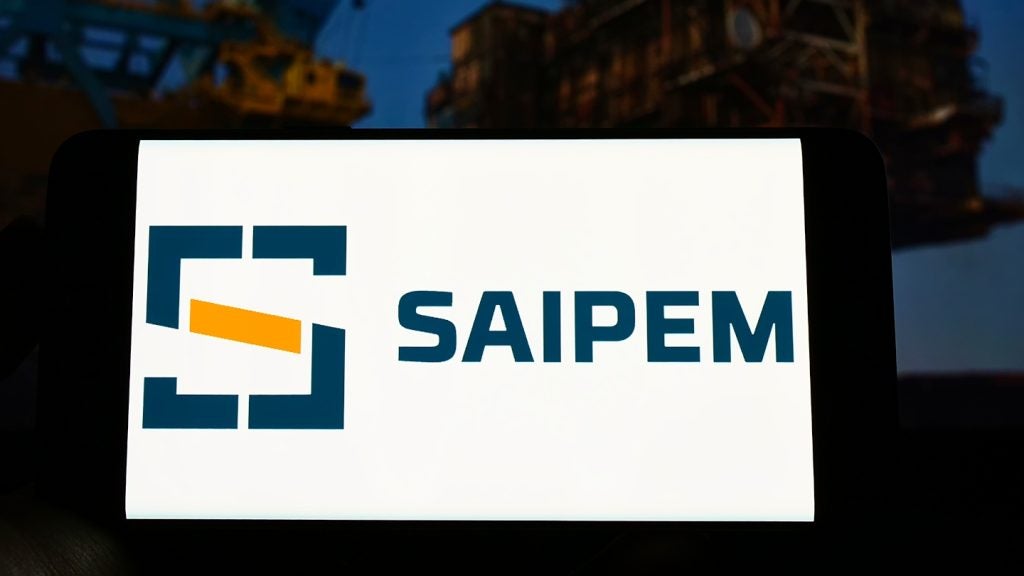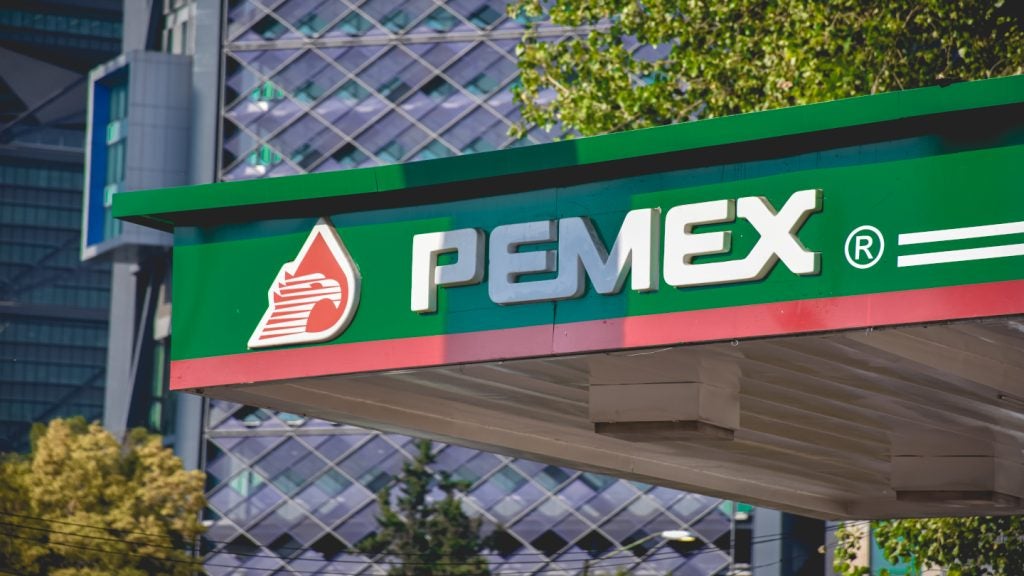Oil prices have risen after China restarted monetary policy easing, raising expectations for higher fuel demand from the country.
Benchmark Brent crude futures rose 3 cents at $36.59 a barrel, while the US crude futures increased 20 cents and traded at $33.96 a barrel.
China’s announcement to reduce the amount of cash held by banks as reserves are set to free-up around $100bn for fresh lending and came as a surprise to markets.
The People’s Bank of China (PBOC) said that the reserve requirement ratio (RRR) would be reduced by 0.5% to 16.5%.
Financial Review quoted the central bank as saying: "This move will guide the smooth and moderate growth of credit supply and create a good monetary environment for structural reform."
During February, exports from Iraq’s southern fields fell to an average of 3.225 million barrels per day (bpd).
How well do you really know your competitors?
Access the most comprehensive Company Profiles on the market, powered by GlobalData. Save hours of research. Gain competitive edge.

Thank you!
Your download email will arrive shortly
Not ready to buy yet? Download a free sample
We are confident about the unique quality of our Company Profiles. However, we want you to make the most beneficial decision for your business, so we offer a free sample that you can download by submitting the below form
By GlobalDataData released by the US Government this week highlighted a fall in crude output in December 2015 by 43,000bpd to 9.26 million bpd.
A proposal by major oil producers, including Saudi Arabia and Russia to freeze output at January levels is unlikely to reduce a global overhang, according to analysts.







